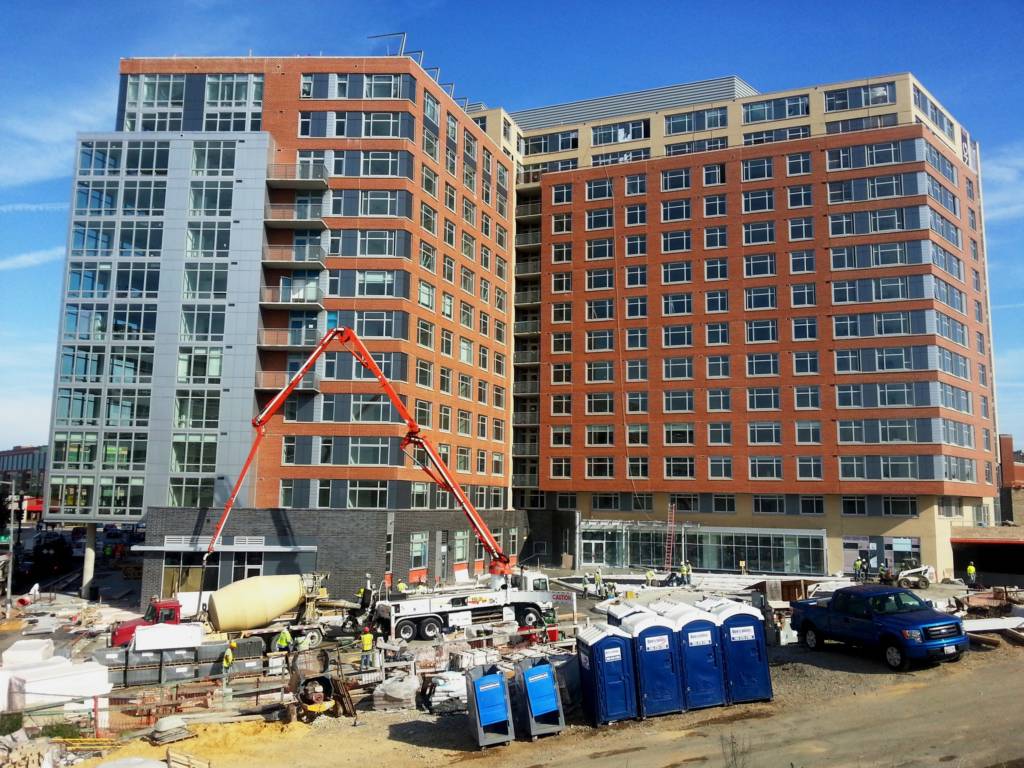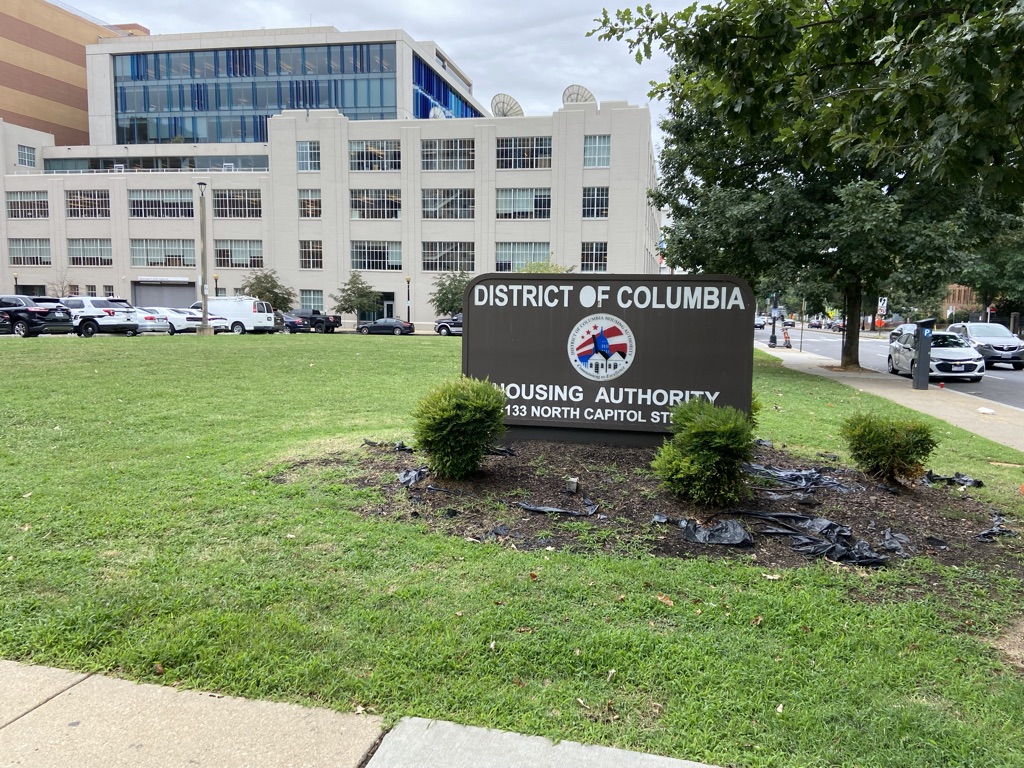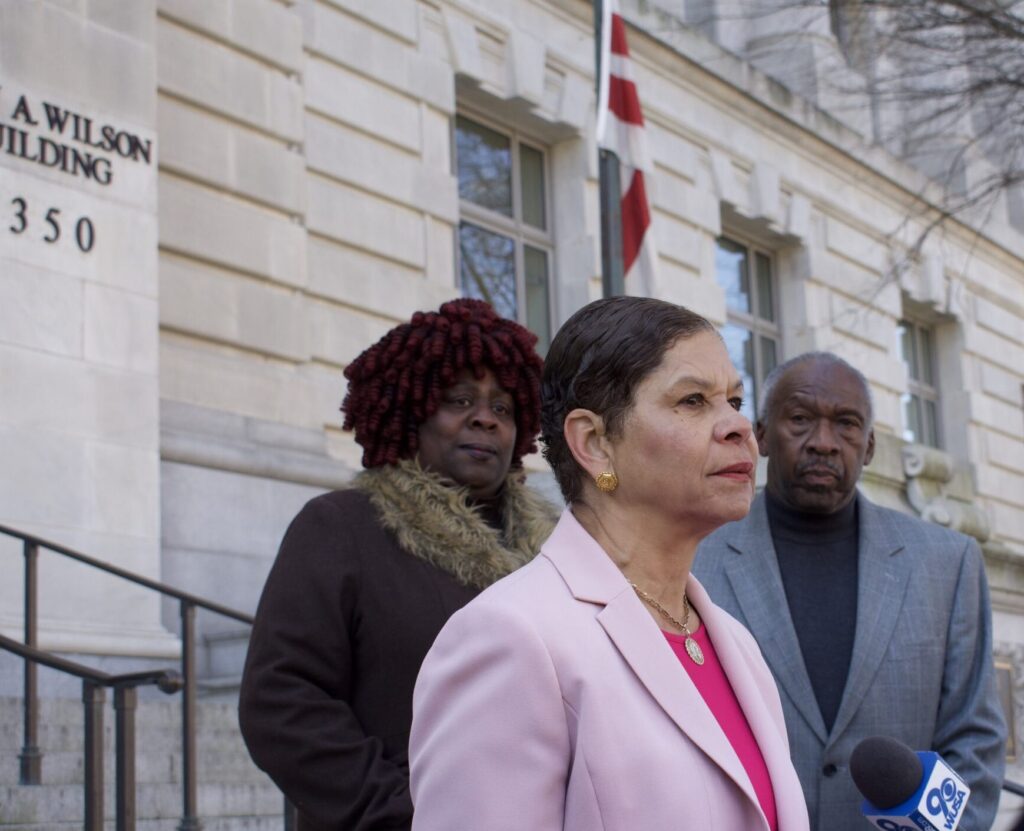In the District of Columbia, private companies that seek to construct new affordable housing and/or maintain existing affordable housing may apply for loans from the Housing Production Trust Fund, which is part of the Department of Housing and Community Development.
An audit of the fund, covering years 2001-2016, was released on March 20 by the Office of the D.C. Auditor.
A major concern stated in the audit is that the Department of Housing and Community Development and the Office of the Chief Financial Officer have not maintained easily accessible documentation on how loan and grant money was spent. Consequently, it took DHCD more than a year to provide some documents to the auditors and DHCD was unable to provide complete documentation on $13 million distributed from the fund, though they did provide some incomplete information on those projects.
To address the problem, the auditor’s office developed a publicly searchable database with information on the amount of each grant or loan, the project developers, property location and number of affordable units. The first recommendation in the audit calls on DHCD to maintain an accurate and accessible database.
Another major concern is that $16.6 million from the fund was used to repay the U.S. Department of Housing and Urban Development. Repayment was necessary due to mismanagement of federal funds by DHCD. “Reprogramming” is the term used when funds approved for one purpose are used for a different purpose. The audit states that the Department of Housing and Community Development did not consistently follow regular protocols for reprogramming and the failure to properly reprogram funds “obscured HPTF spending for the D.C. Council and other oversight bodies.” The audit recommends that the Office of Integrity and Oversight, which operates under the Chief Financial Officer, look into matters relating to reprogramming and develop a plan for improvement.
Language in the D.C. Code establishes loan repayments as one of the sources of revenue for the Housing Production Trust Fund, yet collection of these payments has been lax. According to the audit and based on the District’s 2016 Comprehensive Annual Financial Report, only 11 percent of loan repayments due to the fund in 2016 will be repaid, a shortfall of $442 million.
The audit recommends improvements to this process and restates a 2016 recommendation that the D.C. Council codify a requirement that information on loan repayments be included in the fund’s annual and quarterly reports.
The audit notes that in 2009, 2012 and 2015, funds that should have been spent on affordable housing were used for administration of the program, a combined excess of $10 million. However, the audit also notes, “Over the 16 years we reviewed, the cumulative percentage of HPTF administrative spending was 7 percent of the total funds deposited, far below the cap.” The audit criticizes DHCD and the Office of the Chief Financial Officer for being inconsistent and unclear about how they determine the amount of administrative spending that occurred. It recommends the agencies develop clear standards for administrative spending and monitor spending monthly.
The audit criticizes DHCD for “continu[ing] to undermine D.C. Council oversight by failing to … publish HPTF annual and quarterly reports [in a timely manner], and recently publishing annual reports that contain inaccurate information.”
To address this concern, the audit repeats a recommendation made in 2016 that DHCD ensure there are sufficient staff to ensure timely and consistent publication of quarterly and annual Housing Production Trust Fund reports. Further, DHCD should create detailed standard operating procedures for compilation of these reports.
The Office of the Chief Financial Officer and the Department of Housing and Community Development were both shown advance copies of the audit and provided detailed responses.
Both agencies agreed fully or partially with many of the auditor’s recommendations, however they also said some of the auditor’s recommendations were based on fundamental misunderstandings. For example, regarding the criticism that not enough is being done in the area of loan repayments, the Office of the Chief Financial Officer responded, in part: “The majority of the loans in the HPTF portfolio are deferred loans that do not require scheduled repayments for many years into the future and/or at maturity after 40 years, or in the event of a refinancing of the loan or sale of the property.”
“OCFO and DHCD have taken seriously our findings and recommendations,” concluded D.C. Auditor Kathleen Patterson. “We are confident that this spirit of improvement can continue as both agencies move to implement our recommendations.”
Days before the audit was released, Mayor Muriel Bowser spoke at a housing rally in Anacostia to highlight the achievements of the HPTF.








